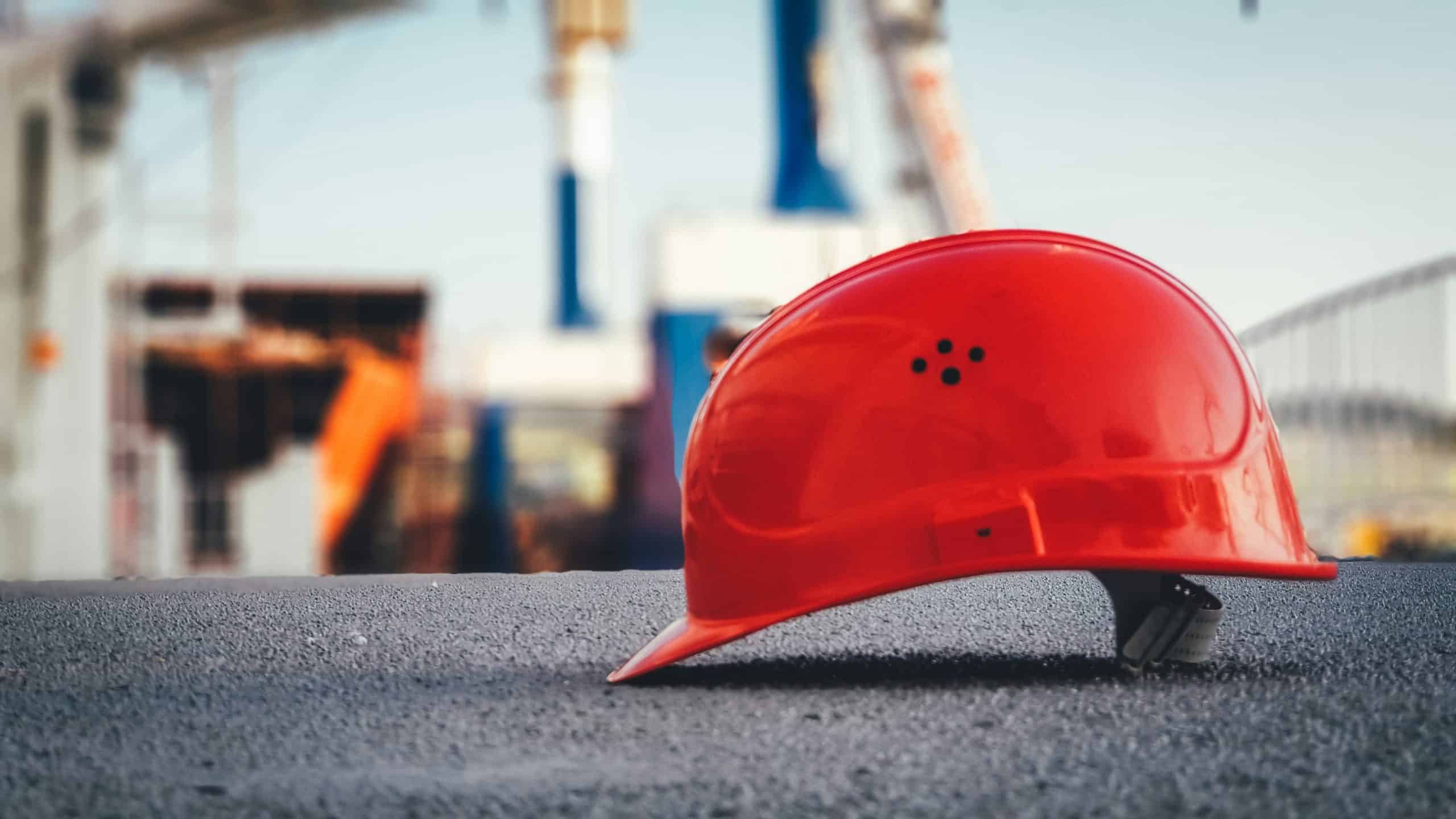What is Construction Management?

What is Construction Management?
As building owner, your expertise may not necessarily lie in construction. However, you know that bringing in the right professionals can have your project completed to a high standard, on time, and within budget. Your construction manager is your go-to person (or team!) to make sure your vision comes to life. There’s even a study that proves it!
Transforming blueprints into a building needs a symphony of builders, engineers, and tradespeople and your construction manager is like the conductor orchestrating them toward a grand finale. Welcome to the world of construction management, where precision meets creativity, and timelines merge with quality.
What Is Construction Management and Its Scope?
At its core, construction management (CM) is the art of turning vision into reality. Understanding what the process entails empowers you, as the building owner, to make informed decisions while choosing your construction manager.
Construction management involves planning, budgeting, coordinating, and supervising a construction project through all its phases from inception to completion.
What is the Construction Management Process?
The construction management process changes with every phase of construction. Through it all, however, one of the key roles played by a construction manager is to keep the building owner updated on the building process at all times.
In addition to this, the construction manager is responsible for overseeing the entire project to completion, including:
-
Project Planning and Risk Assessment:
Construction managers are involved in the project right from the beginning assessing the feasibility of the project accounting for your vision, the design, timelines, and budget. They identify potential risks right from the outset along with ways to eliminate and mitigate them. They collaborate closely with architects, subcontractors, and engineers to do this. They also work on a construction schedule estimating timelines, setting milestones, and calculating cash flow and resource requirements for each stage.
-
Cost Management and Coordination:
Construction costs are notorious for spiraling out of control. Construction managers are the heroes that stop this from happening. They keep a close eye on all the expenses associated with a project and ensuring that materials arrive when they are needed, and contractors’ time is managed accordingly. Think about it, if you have no materials but have tradespeople on site, you could be hemorrhaging money paying them for their time to stand around waiting for the materials. Any such delays or scheduling conflicts are dealt with by your construction manager so that work progresses smoothly.
-
Contract Administration:
There are mountains of paperwork that go with any construction project – from contracts for contractors and subcontractors to building permits. However, before any contracts are signed, construction managers need to decide whom to sign them with. They do this by holding a bidding process where interested contractors can bid for the job. CMs then choose the contractors based on price along with the contractor’s financial and insurance resources and safety record. They then set out the scope of work for these contractors.
Construction managers draft the contracts and oversee that all the permits are in place before work begins.
-
Health and Safety Oversight:
Construction is one of the most dangerous professions which makes safety paramount. Construction managers draft and oversee the project’s health and safety documentation and ensure that safety management plans are being followed. They also ensure that these plans and the construction site are in compliance with health and safety regulations. The implementation of protocols for ongoing practices and regular monitoring also falls under their duties.
-
Quality Assurance:
Delivering projects that meet clients’ specifications is a top priority. Construction managers ensure that all work complies with quality standards and facilitate regular checks throughout the project lifecycle.
They adopt a Total Quality Management (TQM) approach to minimize delays, reduce costs in remedial work, and maintain strong relationships with clients, contractors, and staff.
The construction management process requires expertise in various areas of construction along with project management, negotiation skills, risk management, administration, and a whole lot more. Depending on how large the scope of your project is, it can be worthwhile to opt for a construction management firm instead of a single construction project manager as you get a team of people handling the various aspects of construction management for you under one roof along with a host of other benefits.
At PRD Construction, we understand the importance of executing your project with finesse. No matter how large or small your project, our team can help you turn your vision into reality.